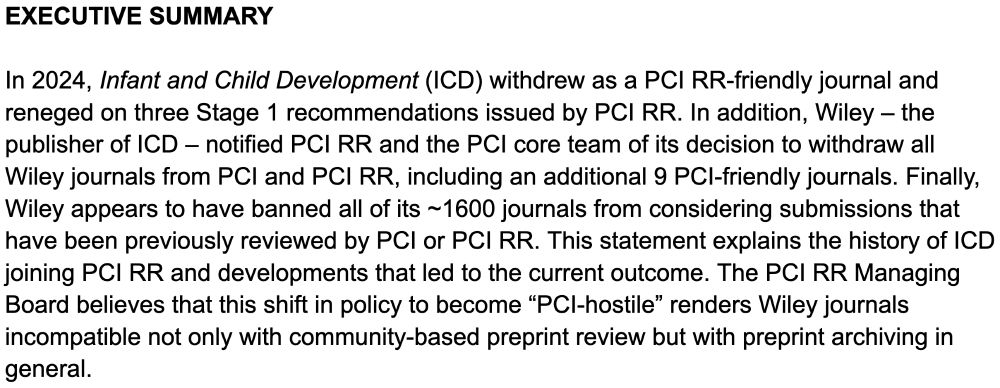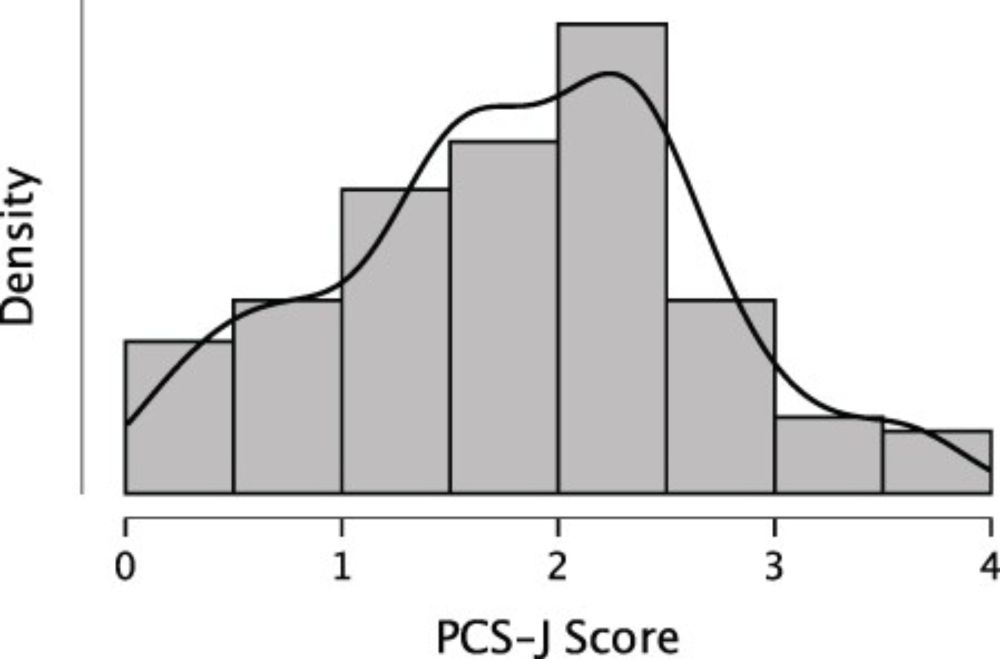@zoltandienes.bsky.social, @anilseth.bsky.social & Ryan Scott, extending previous work on demand characteristics & phenomenological control in psychological effects. osf.io/n2ukj

@zoltandienes.bsky.social, @anilseth.bsky.social & Ryan Scott, extending previous work on demand characteristics & phenomenological control in psychological effects. osf.io/n2ukj
We offer a broad and structured discussion of leading methods developed in the past >60 years to tackle demand artifacts in psychological research and beyond.
doi.org/10.31234/osf...
Statements - true and false - are rated as more true after their pairing with positive than negative pictures.
This effect bridges research on evaluative conditioning and misinformation.
osf.io/preprints/ps...


Statements - true and false - are rated as more true after their pairing with positive than negative pictures.
This effect bridges research on evaluative conditioning and misinformation.
osf.io/preprints/ps...
Reports a study testing predictions arising from the theory that phenomenological control evolved to promote experiences of a spirit world in order to support religious beliefs.
Reports a study testing predictions arising from the theory that phenomenological control evolved to promote experiences of a spirit world in order to support religious beliefs.

Read here ➡️ osf.io/tn8mh

Read here ➡️ osf.io/tn8mh

osf.io/preprints/ps...
osf.io/preprints/ps...
We highlight methodological challenges by discussing three recent articles that addressed that question:
dx.doi.org/10.31219/osf...
We highlight methodological challenges by discussing three recent articles that addressed that question:
dx.doi.org/10.31219/osf...

